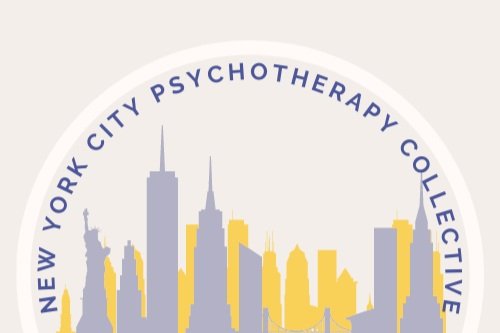As the vibrant days of summer start to wane, we find ourselves in the midst of a beautiful yet challenging transition into the cozy embrace of fall. For many, this change in seasons brings excitement about pumpkin-spiced lattes, colorful foliage, and warm sweaters.
Changing Seasons, Changing Emotions
However, it might also bring on fears of seasonal depression, and sadness around upcoming increases in work and school expectations, and ultimately have a significant impact on mental health, especially for young adults who are in the early stages of not having full-length summer breaks. This seasonal shift can influence mental well-being, but we’re here to provide strategies to navigate these changes effectively.
Changing Daylight Hours
One of the most noticeable shifts during this transition is the decreasing daylight hours. As the days become shorter, our exposure to natural light decreases. This reduction in sunlight can lead to a condition known as Seasonal Affective Disorder (SAD) or the "winter blues." Young adults are not immune to this phenomenon. SAD can cause symptoms like fatigue, sadness, and a lack of motivation.
How to Cope:
Prioritize Sunlight: Make an effort to spend time outdoors during daylight hours, even if it's just a short walk or coffee break.
Light Therapy: Consider investing in a light therapy box, which can mimic natural sunlight and help alleviate SAD symptoms.
Stay Active: Regular physical activity can boost your mood and energy levels, making it an excellent way to combat the effects of reduced daylight.
Academic and Work Stress:
For many young adults, the transition from summer to fall also signifies the start of a new academic year or a busy period at work, maybe even working full-time for the first time. The pressures of meeting deadlines, taking exams, or adjusting to new routines can lead to increased stress and anxiety.
How to Cope:
Time Management: Create a schedule that allows for adequate study or work time while also prioritizing self-care and relaxation.
Seek Support: Don't hesitate to reach out to professors, colleagues, or supervisors if you're feeling overwhelmed. They can provide guidance and accommodations. You can also consider starting therapy to help you manage the stresses of your transition with a professional support system in place.
Practice Self-Compassion: Remember that it's okay to take breaks and not be perfect. Self-compassion can reduce stress and improve mental well-being.
Social Changes
Summer often provides more opportunities for socializing and outdoor activities. As fall sets in, there may be a natural shift towards indoor and more solitary activities, which can impact social connections and lead to feelings of isolation.
How to Cope:
Plan Social Activities: Schedule regular gatherings with friends and family, whether it's a cozy movie night, a board game evening, or a virtual hangout.
Join Clubs or Groups: Explore local clubs or interest groups to meet new people who share your passions. If you’re a college student, this might be a great way to get more connected with your community and create lasting friendships based on shared interests.
Check-In with Loved Ones: Stay connected with loved ones through regular check-ins, texts, and calls. Facetime is a great tool for finding connection when you’re feeling lonely or distant.
Make Self-Care a Priority
Cultivating Self-Care Practices can be so important during this transition. Things are changing, meaning your needs may be shifting. Checking in with yourself and figuring out the right self-care routine may really help as you transition into the fall season.
Tips for Cultivating Fall Self-Care as a Young Adult:
Mindfulness and Meditation: Engage in mindfulness exercises and meditation to stay grounded and reduce stress.
Healthy Eating: Maintain a balanced diet with seasonal foods that boost your immune system and energy levels.
Quality Sleep: Ensure you get enough sleep by sticking to a consistent sleep schedule and creating a restful sleep environment.
Prepare for the Fall and Winter Months with the Help of Therapy for Young Adults in NYC.
The transition from summer to fall brings both challenges and opportunities for young adults. By recognizing the potential impacts of this seasonal shift and implementing proactive strategies for self-care, time management, and social engagement, you can navigate this transition and hopefully find joy in the updated routine. Remember that seeking support from friends, family, or professionals is a sign of strength, and it's essential to prioritize your mental well-being throughout the changing seasons.
Follow the steps below to get started:
Click here to share some information about you so that we can match you with the perfect therapist for your needs.
Have a low-pressure, 20-minute call with your therapist to make sure they are the right fit.
Schedule your first session and start on your journey to feeling better right away.
We offer specialized services for related issues like Anxiety, Depression, LGBTQ Affirming Therapy, and Therapy Specifically for Young Adults. We can help you feel less overwhelmed, more relaxed, and more like the self you want to be.





